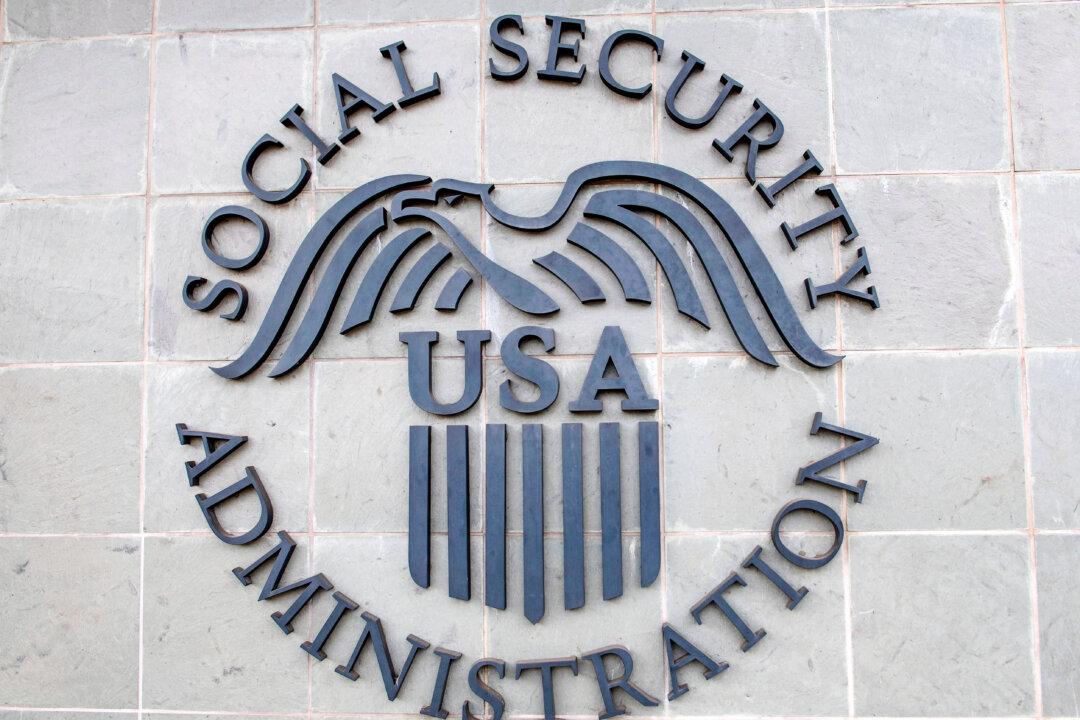Scammers posing as Social Security Administration (SSA) representatives are seeking to dupe beneficiaries to misappropriate money and personal information, according to a recent alert issued by the agency and its Office of the Inspector General (OIG).
“Social Security related scams—where fraudsters mislead victims into sharing personal information, or making cash, wire transfer, or gift card payments to fix alleged Social Security number problems—are an ongoing government imposter fraud scheme,” the agency said in a March 6 statement.





